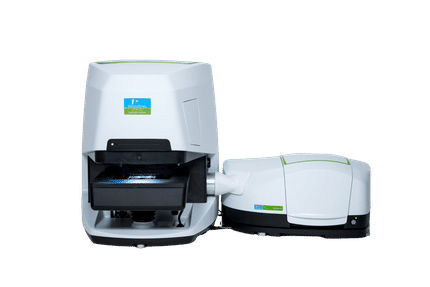To use all functions of this page, please activate cookies in your browser.
my.chemeurope.com
With an accout for my.chemeurope.com you can always see everything at a glance – and you can configure your own website and individual newsletter.
- My watch list
- My saved searches
- My saved topics
- My newsletter
700 MHz wireless spectrum auctionThe United States 700 MHz FCC wireless spectrum auction will be conducted by the FCC starting no later than 28 January, 2008 for the rights to operate the 700 Mhz frequency band in the United States. The details of precisely how the auction will take place has been the subject for debate between several telecommunications companies, including Verizon Wireless, AT&T, and startup Frontline Wireless, as well as the internet giant Google. Much of the debate has swirled around the "open access" requirements set down by the Second Report and Order released by the FCC determining the process and rules for the auction. All bidding must be commenced by 28 January by law. The auction will be named Auction 73.[1] Product highlight
OverviewThe last transmissions by the incumbent television broadcasters using this spectrum are expected to cease by February 17, 2009.
The 700 MHz spectrum was previously used for analog TVs, specifically UHF channels 52 through 69. The FCC has ruled that the impending switch to digital television means that these frequencies are no longer necessary for broadcasters, due to the high spectral efficiency of digital broadcasts [1]. Thus, all broadcasters will be required to move to channels 2 through 51 as part of the digital TV transition. This reallocation is an ongoing effort; currently the lower half of the band, channels 52 through 59, is used considerably more for analog and digital broadcasts than the upper half, channels 60 through 69, which has been largely abandoned.
The 700 MHz auction also bundles several 22 MHz range frequencies. Those are split in several areas. Google involvementEarly in the bid, Google asked that the spectrum be free to lease wholesale and the devices operating under the spectrum be open. Currently many providers such as Verizon and AT&T use technological measures to block external applications.[citation needed] The FCC ruled partially in favor of Google's requests. [2]. Only two of the four requirements were put in place. Google had wanted the purchaser to allow 'rental' of the blocks to different providers. Verizon Wireless LawsuitAfter the rules were implemented, Verizon Wireless filed suit against the FCC on September 13, 2007, to have the rules dismissed, saying the auction “violates the U.S. Constitution, violates the Administrative Procedures Act … and is arbitrary, capricious, unsupported by the substantial evidence and otherwise contrary to law.”[3] On October 23, Verizon chose to drop the lawsuit after losing its appeal for a speedy resolution on October 3. However, the CTIA stepped in to challenge the same regulations in a lawsuit filed the same day.[4] AuctionThe FCC placed very detailed rules about the process of the auction. The auction will be on 698-806 Mhz part of the wirless spectrum. The bids will be anonymous and will be designed to promote competition. The aggregate reserve price for all Block C (710-716 and 740-746 MHz; the largest block) licenses is approximately $4.6 billion. [5] The aggregate reserve price for all 5 blocks being auctioned in Auction 73 is currently just over $10 billion. [5] Block D of the spectrum will be used for a national public safety network. The public safety network will be on a total of 10 megahertz (763-768 and 793-798 MHz). [2] See also
References
|
|
| This article is licensed under the GNU Free Documentation License. It uses material from the Wikipedia article "700_MHz_wireless_spectrum_auction". A list of authors is available in Wikipedia. |







